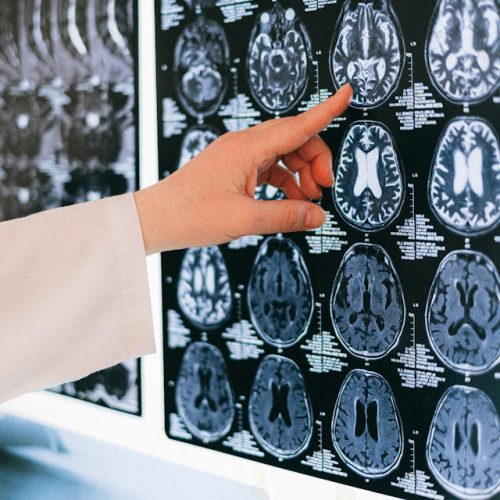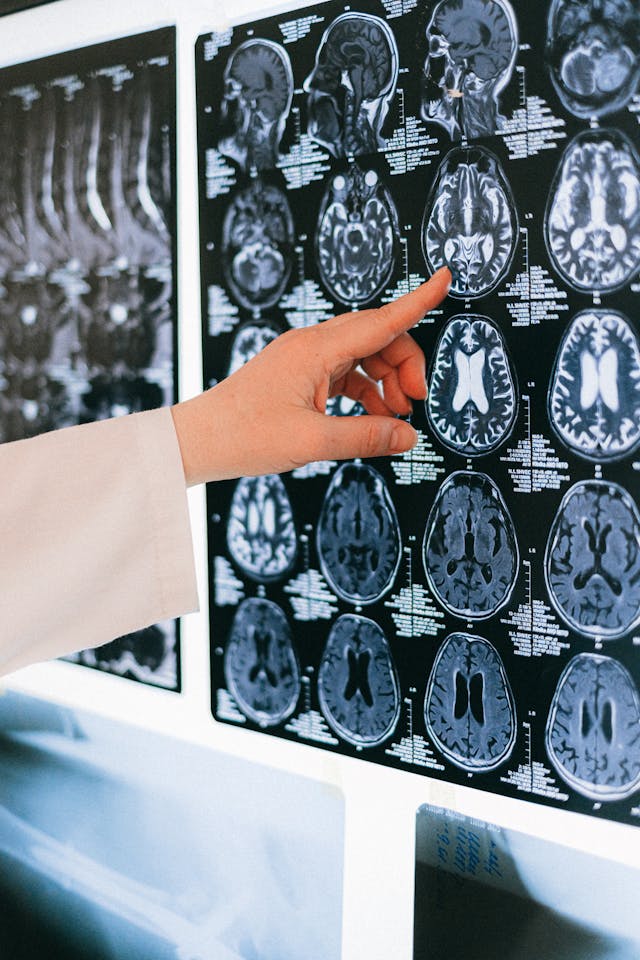Insulin resistance is a condition where the body’s cells become less responsive to insulin, a hormone that helps regulate blood sugar levels. This can lead to higher blood sugar levels and eventually type 2 diabetes. Beyond its impact on physical health, insulin resistance has been linked to various mental health issues, including depression. Understanding this connection is crucial for effective management and improving quality of life.
Symptoms and Signs
Physical Symptoms of Insulin Resistance:
- Increased thirst and frequent urination
- Fatigue and weakness
- Unexplained weight gain, particularly around the abdomen
- High blood pressure
- Elevated cholesterol levels
- Dark patches of skin, usually on the neck or armpits (acanthosis nigricans)
Psychological Symptoms of Depression:
- Persistent sadness or hopelessness
- Loss of interest in activities once enjoyed
- Changes in appetite and weight
- Difficulty sleeping or oversleeping
- Fatigue or loss of energy
- Feelings of worthlessness or excessive guilt
- Difficulty concentrating
- Thoughts of death or suicide
Causes and Risk Factors
Causes of Insulin Resistance:
- Genetic Factors: Family history of type 2 diabetes or insulin resistance.
- Lifestyle Factors: Poor diet, lack of physical activity, and obesity.
- Hormonal Factors: Conditions like polycystic ovary syndrome (PCOS).
- Medical Conditions: High blood pressure, high cholesterol, and certain medications.
Risk Factors:
- Obesity: Especially excess fat around the abdomen.
- Sedentary Lifestyle: Lack of physical activity.
- Unhealthy Diet: High intake of sugar and refined carbohydrates.
- Age: Risk increases with age.
- Ethnicity: Higher prevalence in certain ethnic groups such as African Americans, Hispanics, Native Americans, and Asians.
Diagnosis
Diagnosing insulin resistance involves several tests and assessments:
- Fasting Blood Sugar Test: Measures blood sugar levels after fasting.
- Hemoglobin A1c Test: Reflects average blood sugar levels over the past 2-3 months.
- Fasting Insulin Levels: Measures the amount of insulin in the blood after fasting.
- Oral Glucose Tolerance Test: Measures blood sugar levels before and after consuming a sugary drink.
Treatment for Insulin Resistance:
- Dietary Changes: Adopting a balanced diet rich in whole grains, fruits, vegetables, lean proteins, and healthy fats.
- Exercise: Regular physical activity to improve insulin sensitivity.
- Medications: Metformin and other medications to manage blood sugar levels.
- Weight Management: Losing weight to reduce insulin resistance.
- Monitoring: Regular check-ups to monitor blood sugar levels and adjust treatment plans.
Treatment for Depression:
- Medication: Antidepressants to help balance brain chemicals.
- Therapy: Cognitive Behavioral Therapy (CBT) and other forms of counseling.
- Lifestyle Changes: Incorporating stress management techniques, regular exercise, and a balanced diet.
- Support Groups: Joining depression support groups for shared experiences and support.
Prevention
Preventing insulin resistance involves adopting a healthy lifestyle:
- Healthy Diet: Consuming a balanced diet with whole grains, fruits, vegetables, and lean proteins.
- Regular Exercise: Engaging in at least 30 minutes of moderate exercise most days of the week.
- Weight Management: Maintaining a healthy weight through diet and exercise.
- Avoiding Sedentary Behavior: Reducing time spent sitting and increasing physical activity throughout the day.
- Regular Check-ups: Monitoring blood sugar levels and overall health.
Talking to Your Doctor
If you suspect that insulin resistance might be contributing to your depression, it’s essential to talk to your doctor. Here are some steps to take:
- Prepare Your Symptoms: Keep a detailed record of both your physical and psychological symptoms.
- Medical History: Share your complete medical history, including any family history of diabetes or depression.
- Ask About Tests: Inquire about specific tests for diagnosing insulin resistance and assessing mental health.
- Discuss Treatment Options: Explore possible treatment plans that address both insulin resistance and depression.
Disclaimer
This article is for educational purposes based on my research. I am not a doctor nor a health advisor. None of the information in this article should be considered without speaking with your primary care doctor first.








